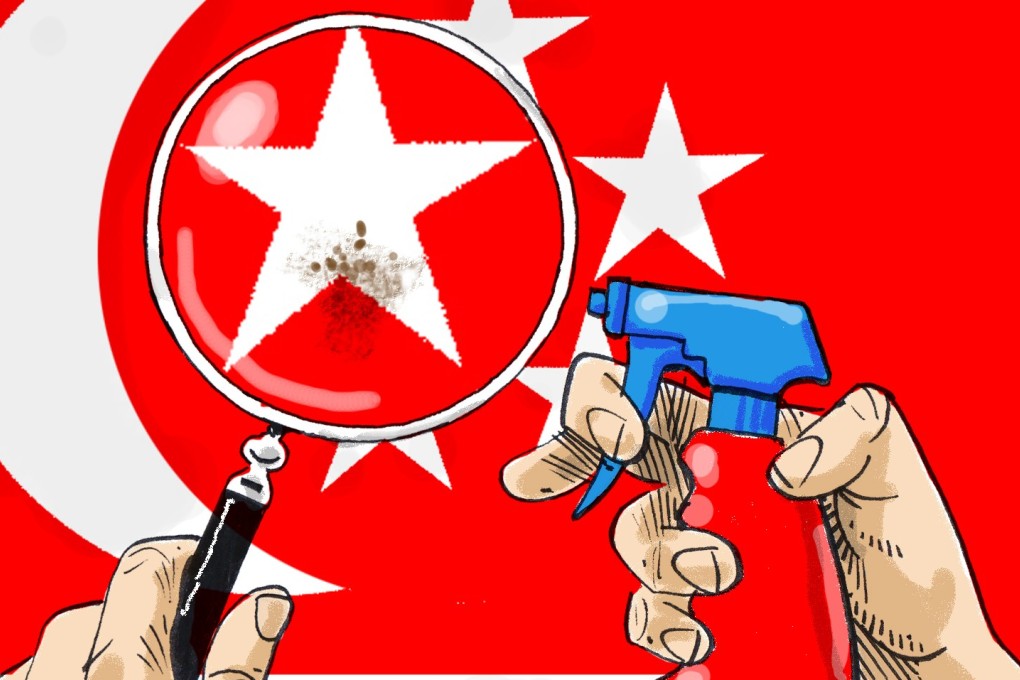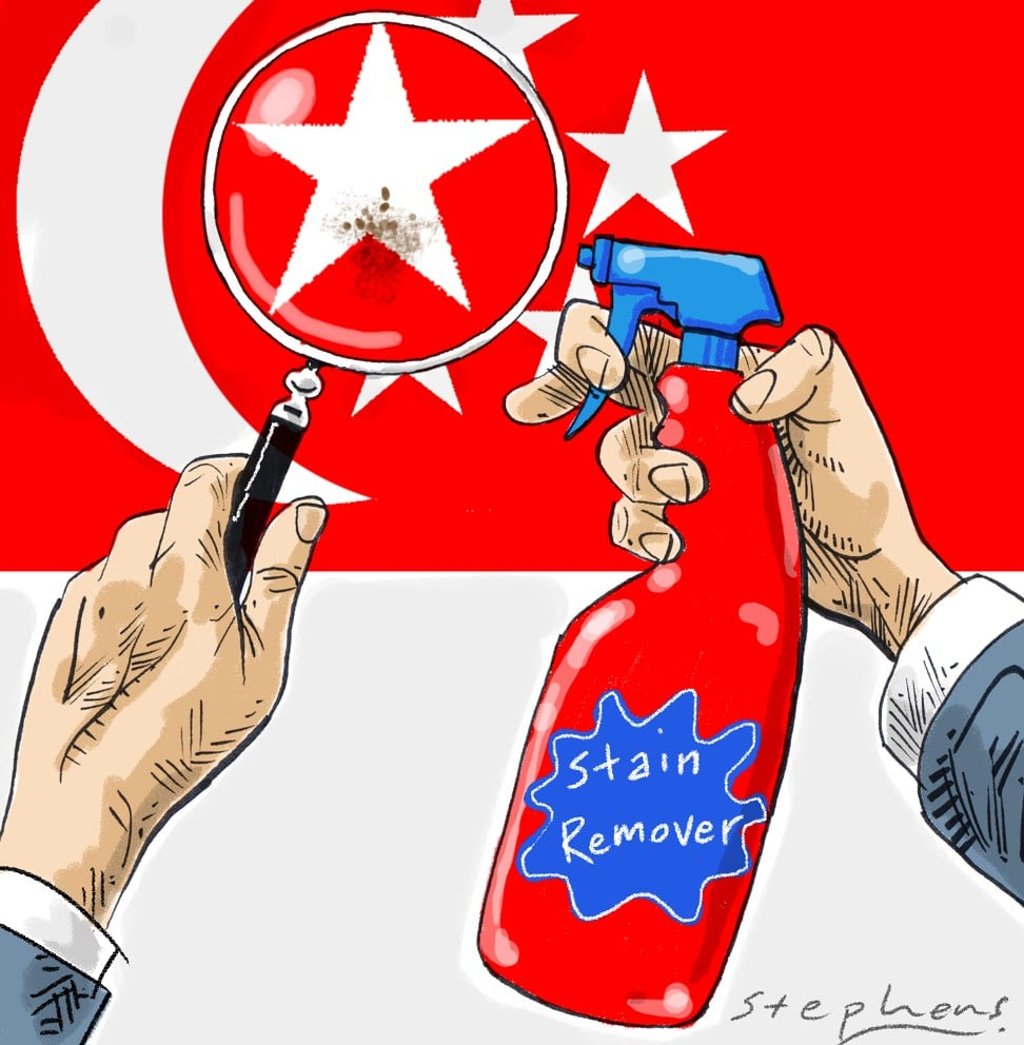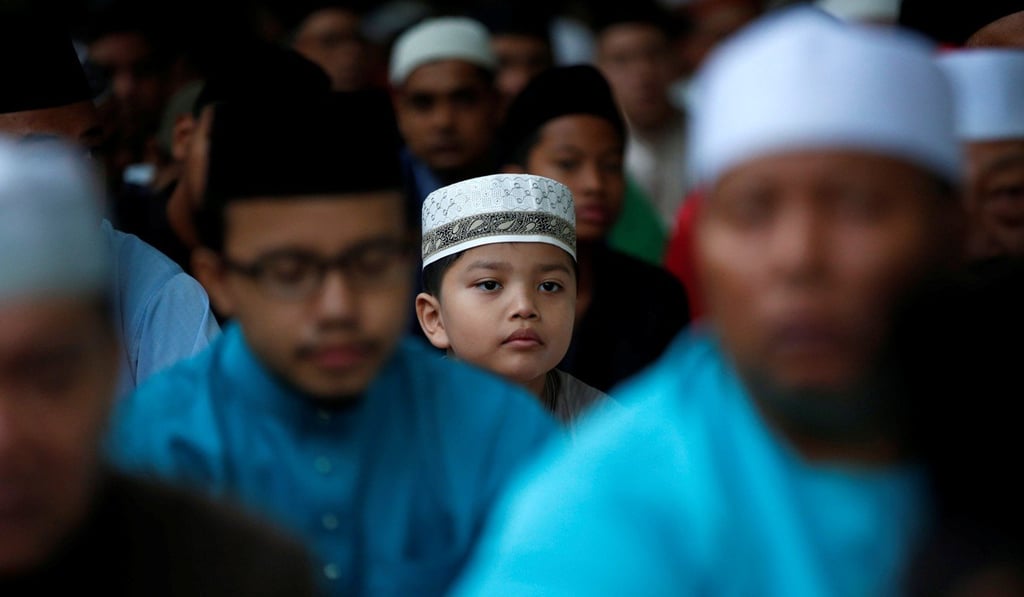Why Singapore will survive its latest political scandal
Chirag Agarwal says governance is regarded as serious business in the city state, with many Singaporeans taking a pragmatic view of politics, while high ministerial salaries and strict curbs on political lobbying keep the government clean


A scan of the headlines in Singapore over the past month would suggest multiple political crises are brewing there.
Back in 2011, Dr Tan lost a heated four-way contest to current president and former deputy prime minister Tony Tan by a razor-thin margin of 0.35 per cent, or 7,382 votes.
The role of a president in Singapore is largely ceremonial, with an added responsibility of safeguarding the country’s accumulated reserves. As the head of state, the president is supposed to represent the people. Ensuring that, over time, there is one from every community in a multiracial country makes sense.
What’s behind Singapore’s move to boost presidential chances of ethnic minorities?
